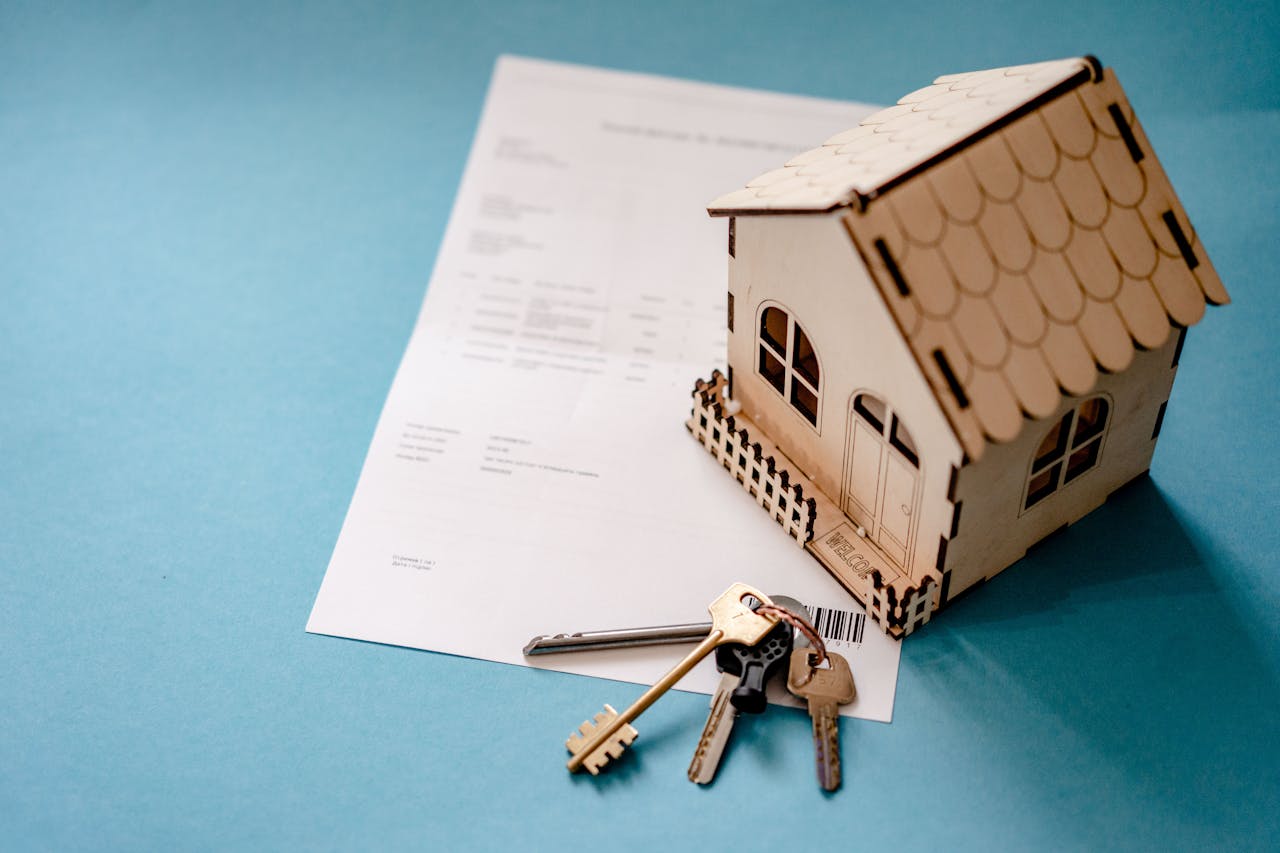The UK property market is a behemoth in the global real estate arena with a variety of properties, ranging from traditional houses to modern apartments, available for different levels of income. As such, many UK expats living overseas often consider buying property back home. However, securing a UK mortgage as an expatriate isn’t always an easy process. This article will guide you through the labyrinth of criteria that expats need to meet in order to secure a mortgage for UK property.
Understanding the Basics of Mortgages for Expats
Mortgages are financial instruments that allow you to buy a property by borrowing a lump sum from a lender, which you then repay with interest over a certain period of time. When it comes to securing a mortgage as an expat, lenders usually treat you differently than they would a UK resident.
En parallèle : Web3 Jobs : Build your future in the digital revolution
The income of an expat often becomes an issue because lenders need to assess the affordability of the mortgage. If you are paid in a foreign currency, lenders must take into account exchange rate fluctuations, which can impact your income and hence your ability to repay the loan.
Moreover, most UK lenders will ask expats to provide a larger deposit than their resident counterparts. This is due to the perceived higher risk associated with lending to overseas residents. The minimum deposit generally expected from expats is 25%, though it can sometimes be as high as 40%.
A voir aussi : What are the critical considerations for UK property investments near universities?
Credit History and its Importance
A credit history is a record of an individual’s past borrowing and repaying, including any late payments and defaults. It is one of the key criteria that lenders use to assess your creditworthiness and determine your mortgage eligibility.
For expats returning to the UK, maintaining a good credit history can be challenging because living overseas often means that you haven’t been building up a credit history in the UK. Therefore, it is important to maintain an active UK bank account while you are overseas to help with your credit score.
Some UK lenders are not equipped to deal with overseas credit histories and hence may reject your mortgage application. However, there are financial institutions that specialise in expatriate mortgages and have the knowledge and capability to assess foreign credit histories.
Tax Status and Its Role in the Mortgage Process
Your tax status can significantly impact your ability to secure a mortgage in the UK. Lenders will take into account whether you are UK tax resident or not, and how this impacts your overseas income.
If you are coming back to the UK, but have yet to become a tax resident, lenders may take a different view on the amount they are willing to lend, and at what rate. This is because any income you receive from overseas could potentially be subject to UK taxation, which could affect your ability to meet your mortgage repayments.
Interest Rates and Financial Stability
Interest rates will, of course, play a major role in any mortgage process. The rates you get will depend not only on the lender’s standard variable rate but also your individual circumstances.
The stability of your income is another crucial factor in securing a mortgage. Lenders will look at the reliability of your income. This could be tricky for expats who work as freelancers or have multiple sources of income. You may be required to demonstrate that your income is stable and reliable through bank statements and job contracts.
Available Mortgage Offers for Expats
A variety of mortgage offers are available for expats looking to buy property in the UK. Some lenders even provide offers specifically tailored to the needs of expats.
These mortgage products may vary in terms of interest rates, repayment period, and the property types they cover. It is crucial to research and compare deals from different lenders to find the best offer that suits your financial circumstances.
Remember that while securing a mortgage as an expat can be slightly more complex than for a UK resident, it is by no means impossible. By considering all of the factors outlined above and seeking professional advice, you can navigate the process and secure a property loan that fits your needs.
The Role of a Mortgage Broker in Securing an Expat Mortgage
A mortgage broker plays a vital role for expat buyers in the UK property market. They act as intermediaries between you and the potential lenders, and it is their job to find the most suitable mortgage based on your individual circumstances. Working with a mortgage broker can simplify the process of securing a mortgage expat, and increase your chances of approval.
Mortgage brokers have a wide knowledge of the market and access to a range of lenders including those that specialise in expat mortgages. They can also assist with understanding complex terms and conditions related to mortgages, which can be especially beneficial if you are living abroad and unfamiliar with UK mortgage practices.
Additionally, a mortgage broker can guide you through the application process. They will assist in gathering all necessary documentation, such as proof of income, credit history, and details of your tax status. They can also provide advice on how to improve your chance of securing a mortgage, such as building a good credit score or increasing your deposit.
However, it’s worth noting that mortgage brokers charge for their services either by a flat fee, a commission based on the amount you borrow, or a combination of both. Therefore, when considering using a mortgage broker, it’s important to clearly understand their charges before proceeding.
UK Rental Income and Capital Gains Tax Considerations
If you plan to buy property in the UK to let out, you should consider the potential rental income and the related tax implications. UK tax laws stipulate that rental income earned by UK property owners, including expats, is subject to income tax. It’s imperative to understand your tax obligations and factor them into your financial planning.
On the other hand, if you are buying UK property as an investment, you may be subject to capital gains tax (CGT) when you sell the property. Capital gains tax is charged on the profit you make from selling a property that is not your main residence.
The rates of CGT for property disposal can vary depending on your income and personal circumstances. Expats may be subject to different tax rules compared to UK residents, so it’s important to seek expert advice to understand your CGT liability.
It’s also worth noting that if you are purchasing a property in the UK while living abroad, you may be subject to a higher rate of Stamp Duty Land Tax (SDLT) on the purchase. This could significantly increase the cost of buying property in the UK.
Conclusion
Securing a mortgage as an expat returning to the UK involves meeting several criteria including demonstrating a stable income, maintaining a good credit history, and considering your tax status. Understanding these factors is essential to successfully navigate the mortgage process.
Furthermore, considering the services of a mortgage broker may be beneficial to help guide you through the complexities of the process and to secure the most suitable mortgage offer. It’s also essential to consider potential tax implications, especially if you plan to generate rental income or sell the property in the future.
Ultimately, while securing a mortgage may be more complex for expats, it is by no means impossible. By effectively navigating these challenges and seeking professional advice, you can secure a buy mortgage that suits your needs and financial circumstances, allowing you to own a piece of UK property.











